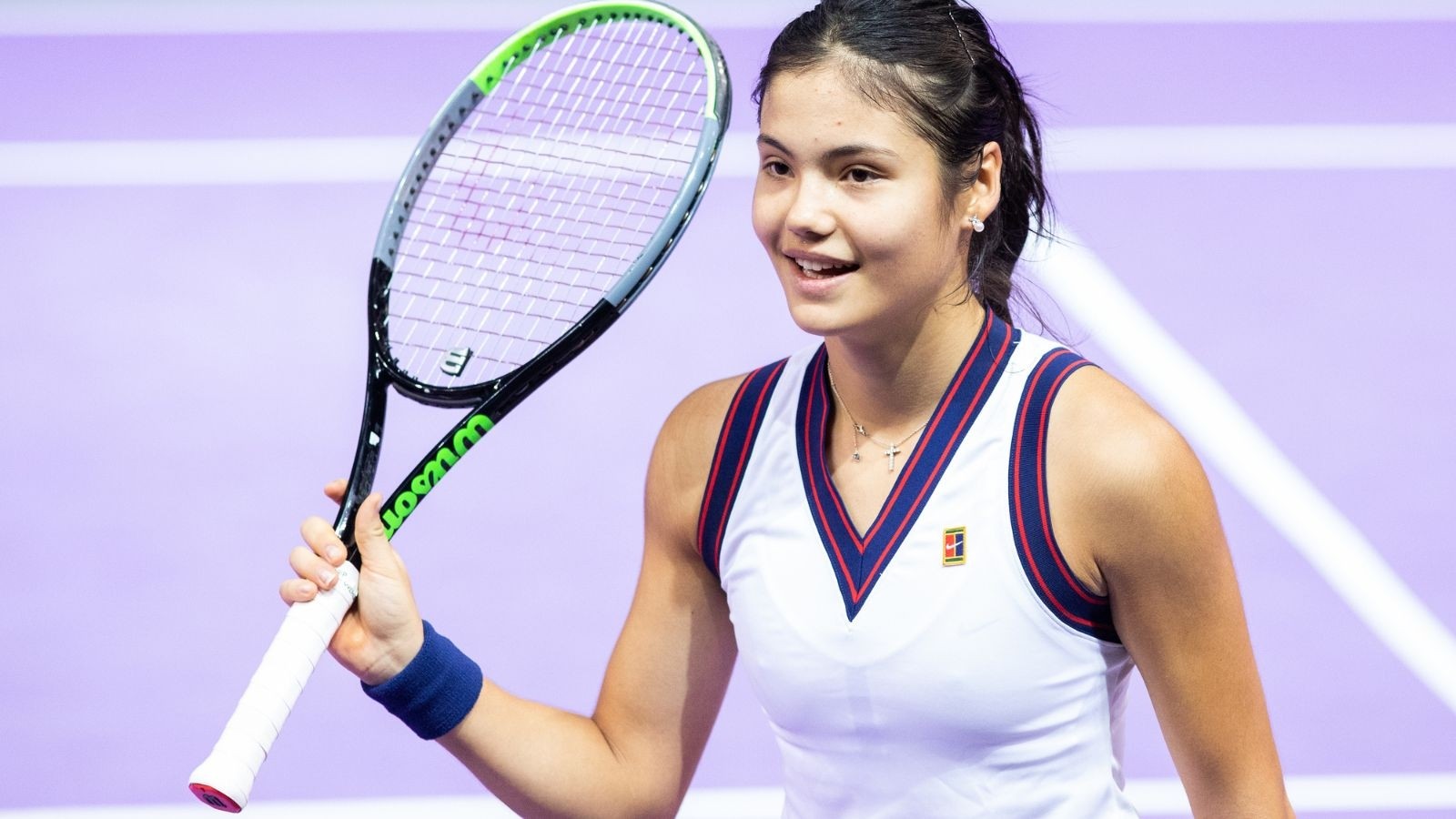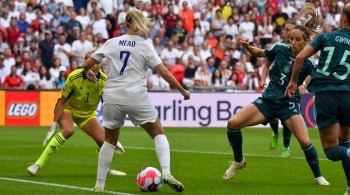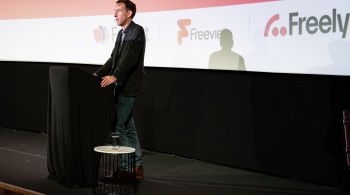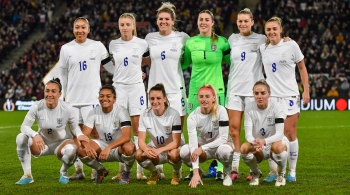
"Those conversations started by free television have become part of who we are as a nation."
It’s unusual for a sports event to dominate news headlines as much and for as long as Emma Raducanu’s utterly impressive and wholly unpredicted victory in the US Open.
The front pages of Monday’s papers and the online editions of every news outlet were dominated by pictures of her euphoria in winning. A new name to conjure with, a new and unexpected subject of national chatter.
Maybe that shows our need for good news as much as it shows the collective pride that the UK – and most other nations – are capable of demonstrating over sporting glory.
Some 9.2m people watched the final on C4 and an unknown number also watched on Amazon Prime Video.
“Did you see? Were you watching?”
An irreplaceable part of what the UK experienced with Raducanu fever is the “Did you see? Were you watching?” conversations that follow when people who witnessed an event individually at home share their favourite memories and images of it together in the moments after.
English football fans were able to do so this summer with the “what might have been” moments of Euro 2020, as were all nations and regions of the UK for the Olympics and the Paralympics, where “GBR” came respectively fourth and second in the world on the medals tables.
There were murmurings about how much of the Olympics people could watch – “Did you sees?” were a little less likely to elicit an affirmative response – because of the limits imposed on the BBC by the distribution of TV rights to the Games.
British audiences had been spoiled for years by the “all you can eat” coverage the BBC offered from the London Olympics of 2012 and Rio in 2016, with every minute of every sport available to watch somewhere on a red button.
Interests and strategies of TV’s global titans
But by this year, the effects were being felt of Discovery’s purchase of the rights from the International Olympic Committee. Viewers were upset by the fact that they could only choose one of two sports at any given time and were reliant on the BBC to offer the right moments to be sure of seeing things live. Discovery, which owned all the rights and sub-let them to the BBC, could do as the British broadcaster had done in London and Rio and put everything on somewhere. The interests and strategies of TV’s global titans do not always align with the interests and expectations of individual nations.
For the Paralympics, which are less attractive to advertisers and thus to broadcasters, no such questions arose. C4 were able to emulate the BBC’s previous Olympics coverage with comprehensive coverage and an examination of the human stories behind each story of winning or losing. Those stories, which are tales of struggle against adversity unimaginable to most of us, become as important as the stories of victory or defeat.
Who we are as a nation
I believe that the stories we tell about each other give us not only wider understanding of our country’s nature and status in fretful times, but also of each other. How others overcome their own obstacles and achieve the improbable is an inspiration to all generations, regardless of origin, class, wealth or education.
Those conversations started by free television have become part of who we are as a nation. In that we are just like many other nations. We are just luckier than most because we have more broadcasters who are able to reach more people and offer more hours of entertainment and inspiration and to do so for free, for all.
How long that situation lasts will have a lasting and profound impact on what kind of country we are. Never have the questions over the future of Broadcast Britain been quite so pertinent as now. On the inaugural day of the RTS's Cambridge Convention, one of the biggest questions of all is not what can we save or preserve, but how do we expand and grow?



